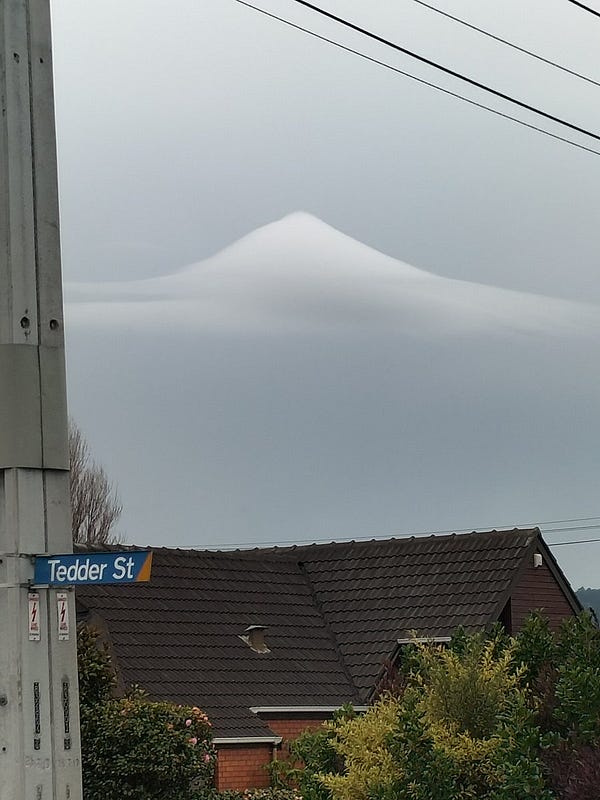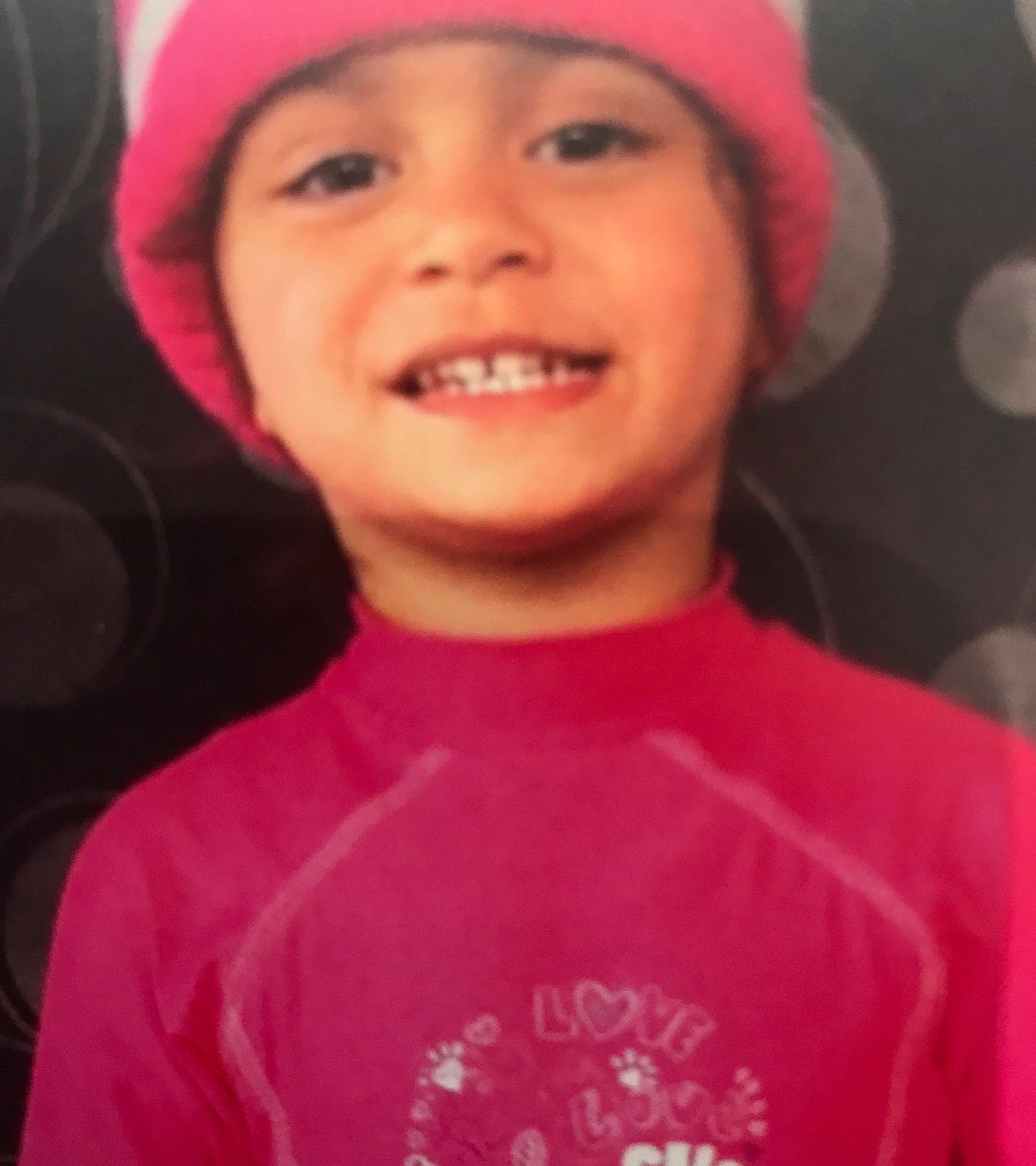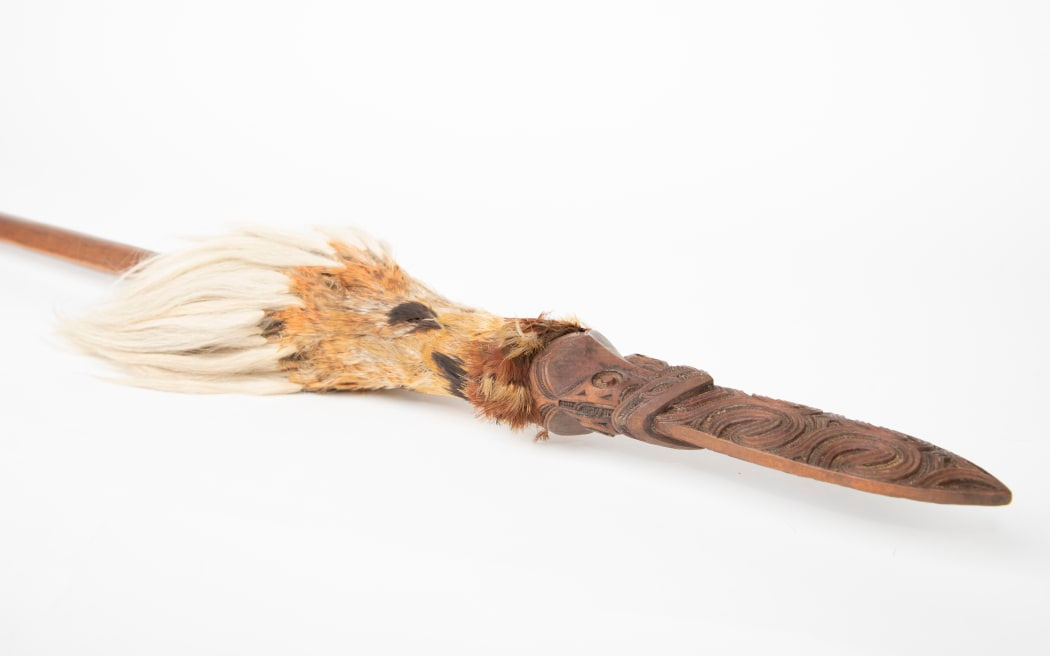Having their time in the light
This week’s theme is of loss, and the light we find in unexpected places.
A confidential settlement has been reached between closed doors after the tragic death of a Dunedin toddler.
Hineihana Sosefina Mausii died in Dunedin Hospital on September 29, 2013. A postmortem later revealed the two year and 10 month old had acute myeloid leukaemia
Coroner Brigitte Windley identified “critical failures” in Hineihana’s care, including the decision to send her home, rather than have her remain in ED for further monitoring.
The coroner noted the then-Southern District Health Board (DHB) had made changes since Hineihana’s death, including requiring a senior doctor to review all paediatric representations to ED.
Elvins, who had a miscarriage before Hineihana, previously told Stuff that she was her “miracle child”.
“I have so many loving memories of her, but then it always comes back to what didn't happen,” she said after the inquest.
Her death led her to lodge a complaint with the Health and Disability Commissioner (HDC), and then push for the coronial inquest.
Elvins and her legal team sought damages over the death, with the matter heard behind closed doors on Tuesday.
Lawyers for Elvins and the DHB declined to comment on the outcome, other than to say the “proceeding has been discontinued”.
Elvins also declined to comment.
Te Whatu Ora Southern, the former DHB, will not be commenting.
I’ll keep an eye on this.
Meanwhile, I’ve been fascinated by the recent repatriation efforts by Tūhura Otago Museum, after two significant repatriations of museum-acquired artefacts in as many weeks.
This week I sat down with Dr Gerard O’Regan (Ngāi Tahu), curator Māori, to have a chat about what has been happening.
The first of those repatriated taonga was a taiaha (a long wooden weapon), which was returned to Ngāti Maniapoto as part of the iwi’s Treaty settlement, after the museum received advice from local rūnanga.
On Tuesday the museum announced it would also be returning six cultural artefacts, including a kalpunta (boomerang), palya/kupija (adze) and a selection of marttan (stone knives), which are of Warumungu origin, from Indigenous Australians of the Northern Territory.
A few months ago the museum board decided to repatriate a lintel, a carved piece of wood above a door, to Ngāti Kahungunu.
“Under the repatriation process a whole lot of taonga are having their time in the light . . . and that is where they are doing their work in terms of connecting us back to our people,” O’Regan, who has worked in heritage management for three decades, said.
“That is why when we look at repatriation we should not look at it as a moment of loss but a moment where we can actually get hold of a whole lot of stories and interrelationships and bring them together . . . and create a moment.”
The items in question were more than just artefacts in a museum, but treasures or taonga.
“When you start talking about things as ‘treasures’ or taonga, people have to treasure them, and that is about who has connection to them . . . who they are important to.”
From the early 1970s, the late Maui Pomare was involved with international repatriations as part of his work at the National Museum, which led to the return of 37 tūpuna (ancestors).
From 1 July 2003 until 1 May 2017, Te Papa repatriated 420 Māori and Moriori ancestral remains from overseas institutions, with an estimated 600 remaining offshore.
In 2020, four toi moko (ancestral heads) were returned from Germany
O’Regan said one of the first significant items repatriated from Otago Museum was the wharenui Mataatua, a fully carved Māori ancestral meeting house, which had toured around the world before spending 70 years at the museum.
In 1983, the Ngāti Awa trust board began negotiating its return, and it was finally restored and reopened at its Whakatane site in 2011.
And it may not be the last items to be repatriated, with the Otago Museum in “ongoing conversations” with North Island-based iwi over other significant items.
O’Regan said it was important to view the story behind each taonga before any meaningful repatriation could be made.
“At the moment we are focused on taonga going away, but at some point there will be other taonga finding their way back here.”
Some repatriation discussions in New Zealand centred not around artefacts, but around ko iwi (ancestral bones).
The museum took the view that if the bones were known to be “from our tribal area, it is our responsibility to look after them”.
And the museum, alongside the Southland and Canterbury Museums, continued to store those ko iwi, which are under the management of Ngāi Tahu, until a decision about their future was made.
I find this whole area fascinating, and the museums of the future are likely to look very different from our past.
Now to beer.
Sad to read that New New New is closing its doors on October 1.
I reached out to the owner, who used to have the business on the market, but did not receive a reply.
Apart from Emersons, Dunedin initially seemed a bit behind on the craft brewing scene and New New New, the city’s largest independent craft brewery, was a welcome addition.
But now we have Arc Brewing Co, Noisy Brewing Co, and Steamer Basin (my personal favourite).
Tweet of the Week time, and it goes to this spectacular image.


Looks like Mt Fuji, but without the South Dunedin foreground.

This week a new science inspired showcase, Tūhura Tuarangi, opened at Otago Museum.
The showcase will let children launch a rocket, build a satellite, take a virtual reality space tour and encourage them to imagine a career in space science.
Sounds cool.
But even better, this Dunedin-developed showcase will tour the country starting with Bluff on October 31.
For more information read this, or just go to the museum.
This week I was in a local cafe and spotted this. I love the entrepreneurial spirit, and am eyeing up a (much needed) stress ball.
And I’m told this is a big deal, with international speaker and funding equity advocate, Vu Le, known as a ‘rockstar of the non-profit world’ will be in Dunedin for a talk and to launch Be the Change: Funding and Equity next week.
It is being organised by Dunedin Community Builders, an informal, volunteer-run network of organisations, groups and people across the community sector in Ōtepoti.
More information about the event can be found here, and you can watch Vu Le here:
This Saturday I’m looking forward to watching Dimmer at the Regent Theatre, as they play I Believe You Are a Star in its entirety.
The album has one of the best lines in New Zealand music: “I'm not your friend I'm a stone cold traitor.”
#goosebumps
And please remember to vote!
Last week in The Mish I ran a poll to see if you had your voting papers, many of you did not.
Let me know if you still don’t.
And lastly ICYMI this made me laugh and laugh.














I still don't have mine. My wife received hers two days ago.
We still don't have our voting papers, hopefully they will arrive today.